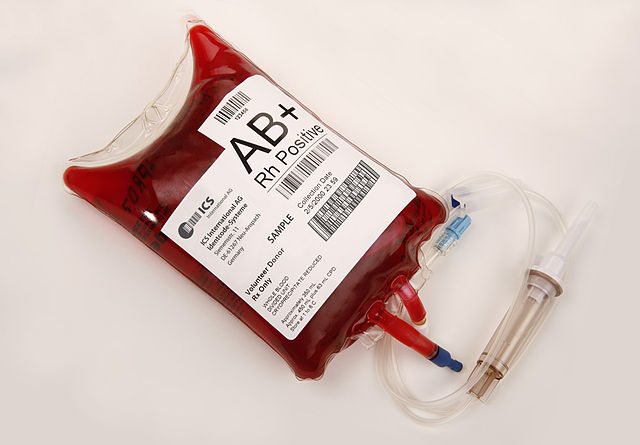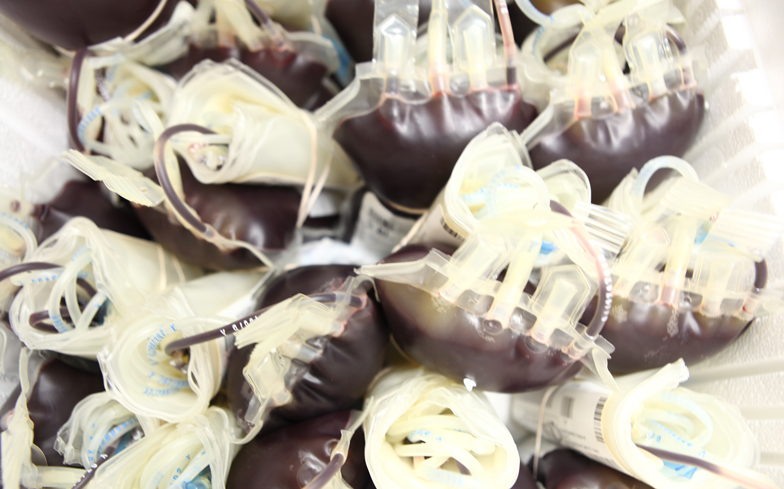
However, if the man is single they must have been celibate for four months prior to donating.
Denmark has announced that is lifting the ban on gay men donating blood. Men who are single still face some obstacles however, as they must have been celibate for four months before doing so. However, men who are in relationships will be allowed to donate regardless of when they last had sex.
Speaking to the CPH Online, Danish Health Minister Ellen Trane Nørby said: “The authority [patient safety] has found a model we feel is safe and we will therefore incorporate it into Denmark.
“All safety mechanisms in our blood donation system are built on trust and we have some very advanced tests that screen the blood.”
CPH Online reported that it was strange that the ban hadn’t been lifted beforehand, as there has been political support for the idea for many years. A date for the ban to be lifted has not yet been announced, but it is expected to take place at some point in 2019.
Bans on gay and bisexual men donating blood are slowly being removed. Earlier this year, Israel announced that it would allow gay and bisexual men to donate blood.
However, the process would still be more difficult than it would be for a straight man. Patients will have their blood checked for infectious diseases, and will have to wait four months while their plasma is separated and frozen.
Donors will then have to donate a second time, and if the results for HIV – and other diseases – comes back as negative, then their blood will be authorised for use.
And last year, the UK government announced that it was removing the 12-month ban on celibacy and replacing it with a three-month ban.
“We’re pleased the Government recognises there is still more to be done to ensure all lesbian, gay, bi and trans people are accepted without exception,” said Stonewall’s CEO Ruth Hunt.
“Change to the blood donation rules are welcome. However, while this is an important move, it’s vital that this is a stepping stone to a system that doesn’t automatically exclude most gay and bi men.
“We would like to see individualised risk assessment, and are encouraged that the Government and NHS Blood and Transplant Service are committed to exploring how to do this.”




